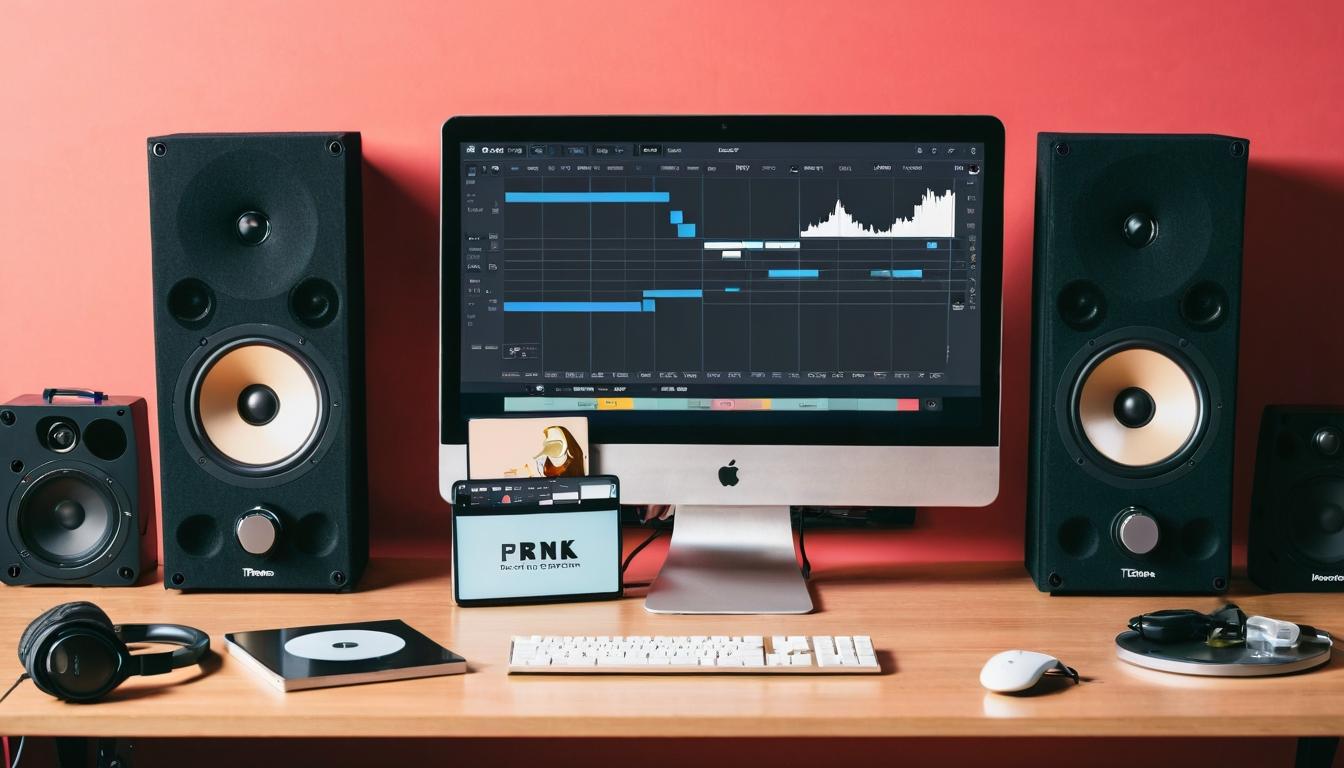In the dim glow of laptop screens across time zones, a quiet revolution is unfolding. Bedroom producers—armed with nothing more than affordable software, YouTube tutorials, and relentless creativity—are dismantling the traditional music industry gatekeeping model. While major labels still dominate charts, the real innovation is happening in Discord servers, TikTok snippets, and Bandcamp pages where artists build communities before they ever sign a contract.
What began as a pandemic-era necessity has evolved into a permanent shift in how music gets made and consumed. Artists like Jane Remover, underscores, and Quadeca have demonstrated that professional-grade production no longer requires professional-grade studios. Their albums—created in childhood bedrooms and college dorms—rival major label productions in complexity and emotional depth while maintaining a raw authenticity that resonates with Gen Z listeners.
The financial implications are staggering. Where artists once needed advances to cover studio time, they now reinvest streaming revenue into better gear, visualizers, and marketing. The democratization of tools has created a new middle class of musicians who might never fill stadiums but can comfortably make art full-time. Platforms like Bandcamp and Patreon have become viable alternatives to traditional label deals, with fans directly funding the artists they believe in.
This shift hasn't gone unnoticed by the industry establishment. Major labels now routinely scout SoundCloud and TikTok for unsigned talent, while publishing companies offer "development deals" that provide minimal funding in exchange for first refusal rights. The power dynamic has flipped—instead of artists begging for deals, labels are competing to sign artists who've already proven they can succeed independently.
The visual component has become equally important in this new ecosystem. Artists who grew up with YouTube understand that music exists within a multimedia context. Lores, a 19-year-old producer from Portland, explains: "My songs live alongside my visual art, my zines, my custom merch. Fans don't just want music—they want to join a world." This holistic approach has turned many artists into miniature media companies, controlling every aspect of their creative output.
Yet challenges remain. The same accessibility that allows for innovation also creates overwhelming saturation. With over 100,000 tracks uploaded to streaming services daily, cutting through the noise requires marketing savvy that many creative minds lack. The mental health toll of constant self-promotion and algorithm-chasing has become a growing concern within these communities.
Perhaps most importantly, this democratization hasn't equally benefited all creators. Women and artists of color still face additional barriers in gaining recognition, despite producing some of the most innovative work in these spaces. Initiatives like Discwoman and #NormalizeNonMenProducers have emerged to address these disparities, but systemic change remains slow.
As we look toward the future, one thing seems certain: the genie won't go back in the bottle. The tools will only become more accessible, the distribution more decentralized, and the definitions of "professional music" more fluid. The industry that emerges will likely be less monolithic but more diverse, less predictable but more interesting—and ultimately, better for artists and audiences alike.
The underground renaissance: how bedroom producers are reshaping music industry economics

